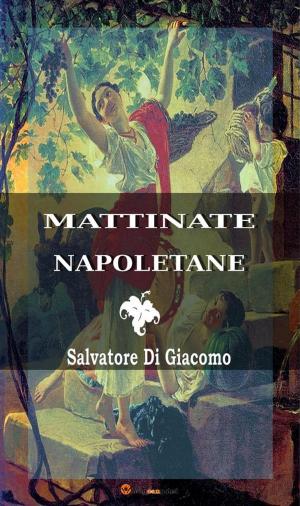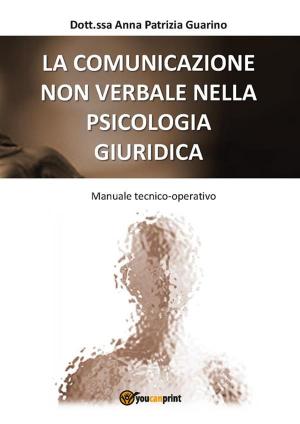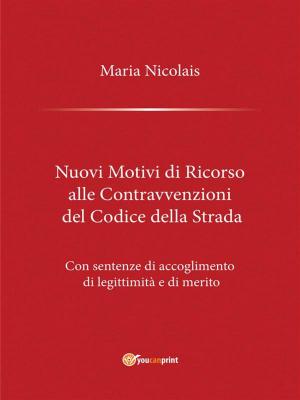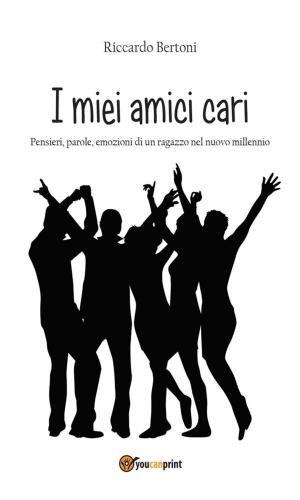| Author: | Rudolf Steiner | ISBN: | 9788892640177 |
| Publisher: | Youcanprint | Publication: | December 14, 2016 |
| Imprint: | Language: | English |
| Author: | Rudolf Steiner |
| ISBN: | 9788892640177 |
| Publisher: | Youcanprint |
| Publication: | December 14, 2016 |
| Imprint: | |
| Language: | English |
Rudolf Steiner emphasizes the astonishing and special relationship between our own time and that of ancient Egypt—how, in the natural rhythm of the ages, the so-called third Post-Atlantian (Egyptian) epoch is mirrored by the fifth (present) epoch. In this sense, today it is especially relevant to look at ancient Egypt with fresh eyes. The evolution of Western civilization has been profoundly influenced by Egyptian myths through the Greek mysteries. Because of other influences, however, this heritage has degenerated—thinking has mummified, and myth has all but disappeared. Consequently, it is important to revive the seed of goodness passed down to us from ancient Egypt. Through true imagination, we have the task of renewing human knowledge of the creative forces in nature, as the Egyptians attempted through the Osiris-Isis myth, and the Greeks through the myth of Demeter. This is what Steiner attempts in this lecture cycle. Steiner's subjects include: experiences of Egyptian initiations; esoteric anatomy and physiology; the stages of evolution of the human form; and much more. The final lecture is on the Christ impulse as the conqueror of matter.
Rudolf Steiner emphasizes the astonishing and special relationship between our own time and that of ancient Egypt—how, in the natural rhythm of the ages, the so-called third Post-Atlantian (Egyptian) epoch is mirrored by the fifth (present) epoch. In this sense, today it is especially relevant to look at ancient Egypt with fresh eyes. The evolution of Western civilization has been profoundly influenced by Egyptian myths through the Greek mysteries. Because of other influences, however, this heritage has degenerated—thinking has mummified, and myth has all but disappeared. Consequently, it is important to revive the seed of goodness passed down to us from ancient Egypt. Through true imagination, we have the task of renewing human knowledge of the creative forces in nature, as the Egyptians attempted through the Osiris-Isis myth, and the Greeks through the myth of Demeter. This is what Steiner attempts in this lecture cycle. Steiner's subjects include: experiences of Egyptian initiations; esoteric anatomy and physiology; the stages of evolution of the human form; and much more. The final lecture is on the Christ impulse as the conqueror of matter.















